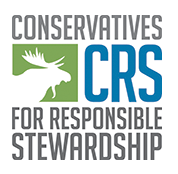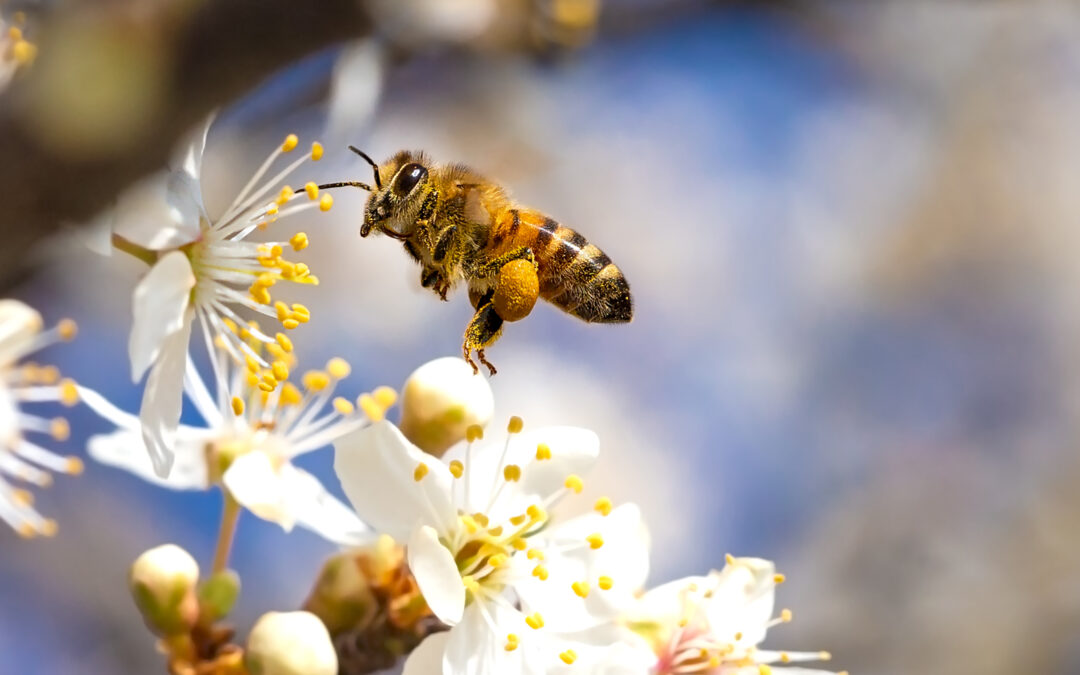Have you ever stopped to think about how much we owe to the tiny creatures flying around our gardens? Bees, butterflies, bats and birds are unsung heroes of our ecosystems, playing a vital role in pollination. This process is essential for producing the fruits, vegetables, and nuts we love. Understanding why pollinators are essential and discovering ways to protect them can help us do our part to ensure a healthier planet.
Why Pollinators Matter
Pollinators are like nature’s matchmakers, helping plants reproduce by transferring pollen from one flower to another. This might sound simple, but it’s a big deal! Over 75% of the world’s flowering plants and about one-third of our food supply depend on pollinators. Imagine a world without apples, almonds, blueberries, or cucumbers—that’s what we’re facing if we don’t protect these little helpers. And the damage to our agriculture industry and our economy as a whole would be enormous.
Why Pollinators are in Trouble
Sadly, our pollinator populations are declining at a rapid rate. The American Bumblebee, for example, has vanished from eight states and is in serious decline elsewhere. The Monarch Butterfly population has declined almost 60%, and the list goes on. The threats facing pollinators include:
- Habitat Loss: Urban sprawl, agriculture, and deforestation are shrinking the natural homes of pollinators.
- Pesticides: These chemicals, which are used widely in agriculture, by pest control companies, and by homeowners, are deadly to pollinators—especially if applied around flowering plants—either killing them outright or harming their ability to forage and reproduce.
- Climate Change: Shifting temperatures and weather patterns disrupt the delicate balance of pollinators’ life cycles and the plants they pollinate. Hotter than normal summer temperatures can literally cook baby bees in their nests.
- Diseases and Pests: Pollinators face diseases and invasive species that can wipe out entire colonies.
How We Can Help Pollinators
We must do better, and there’s a lot we can do to turn the tide and protect our pollinator pals. Here are some simple and effective actions you can do:
- Plant a Pollinator Garden: Fill your garden with a variety of native flowers, shrubs, and trees that bloom at different times of the year. This provides a steady food supply and a beautiful, buzzing garden for you to enjoy.
- Minimize Pesticide Use: Avoid using pesticides as much as possible. When pesticides are absolutely necessary, use sparingly, avoid spraying near flowers, and choose pest specific options and natural alternatives whenever possible. Do not hire mosquito control companies that spray your entire property, as they do not target treatments carefully and the pyrethroids they use can kill pollinators and other beneficial insects.
- Support Local Efforts: Many organizations are working hard to protect pollinators. Get involved by donating, volunteering, or simply spreading the word about their efforts.
- Provide Nesting Spots: Different pollinators need different types of nests. Leave some bare soil for ground-nesting bees and keep some dead wood or undisturbed grassy areas for others.
- Spread the Word: Educate your friends, family, and community about the importance of pollinators. Advocate for policies that protect their habitats and promote sustainable practices.
- Choose Sustainable Foods: Buy from farmers who use pollinator-friendly practices like crop rotation, organic farming, and maintaining natural habitats. Your choices can drive positive change.
Conclusion
Pollinators might be small, but their impact is huge. They keep our ecosystems healthy, our plates full of delicious food, and our economy buzzing. By making a few changes in our gardens and our daily lives, we can help ensure these vital creatures thrive.
So next time you see a bee or butterfly flitting around, remember all the good it’s doing and think about how you can give it a helping hand. Let’s make the world a friendlier place for our pollinator friends, one yard and one garden at a time.


